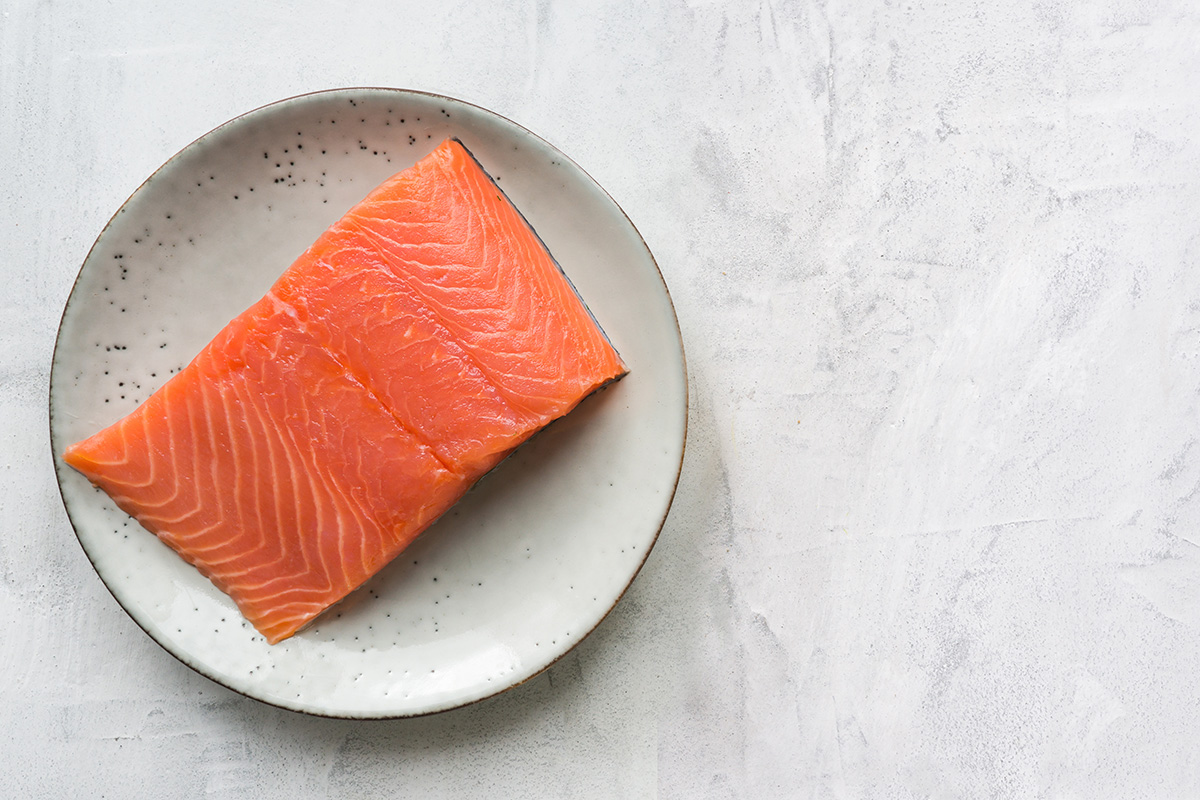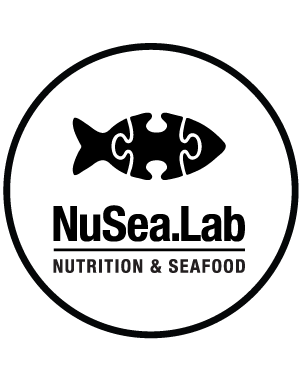Deakin scientists partner with Ridley to improve fish quality, reduce impact on environment

Deakin University scientists are on a mission to make the fish we eat healthier, tastier and more sustainable, by creating food for farmed fish completely free of any other marine life.
Deakin’s School of Life and Environmental Sciences has teamed up with Australia’s largest commercial provider of high performance animal nutrition solutions, Ridley Corporation, to improve the quality of food available to fish in commercial farms, while reducing their impact on the marine world.
Associate Head of School Research Associate Professor Giovanni Turchini said the aquaculture industry must be transformed if humans wanted to continue to eat fish – well-known for their human health benefits aside from the pleasure of taste.
Aquaculture is currently facing many environmental hurdles, with fish stocks around the world dwindling, due to overfishing, climate change and increased environmental pressures,
Associate Professor Turchini said.
“The ultimate goal of the partnership is to create a diet for farmed fish that uses zero ingredients from the ocean, to help the industry reduce its impact on the world around us.
“Through our partnership with Ridley we have a unique and exciting opportunity to create healthier and more nutritious farmed fish that places minimal dependence on the dwindling levels of wild marine life.”
Associate Professor Turchini said the partnership would also help improve the diets of Australians who eat the healthier fish.
“The healthier the fish, the more long chain omega-3 fatty acids they can pass on to humans when we eat them,” Associate Professor Turchini said.
“Such omega-3s are known to play a role in combating several diseases and disorders typical of western societies, and are only found in sufficient quantities in fish and seafood.
“This includes new, more efficient and more environmentally sustainable ways to deliver the essential nutrients found in fish.
“This initiative creates an ideal fusion between industry and research, allowing Deakin and Rildey to put our collective heads together and develop practical, sustainable solutions for the benefit of the environment and seafood consumers.
“We have a long road ahead of us, but I’m confident that targeted research can alleviate many of the challenges facing this vibrant and dynamic industry.”
The Deakin-Ridley Aquaculture Research Initiative is a six-year collaborative project, worth $2.4M. The official partnership agreement was signed at a special event in Melbourne today.
Specific projects include nutritional improvements to support fish health and performance during sub-optimal seasonal conditions; predictive modelling of omega-3 fatty acid concentrations in farmed fish products, optimisation of on-farm feeding strategies; development of innovative laboratory-based models to simulate the digestive processes in farmed fish; and, development of a marine-life-free food for fish produced using 100 per cent Australian ingredients.


